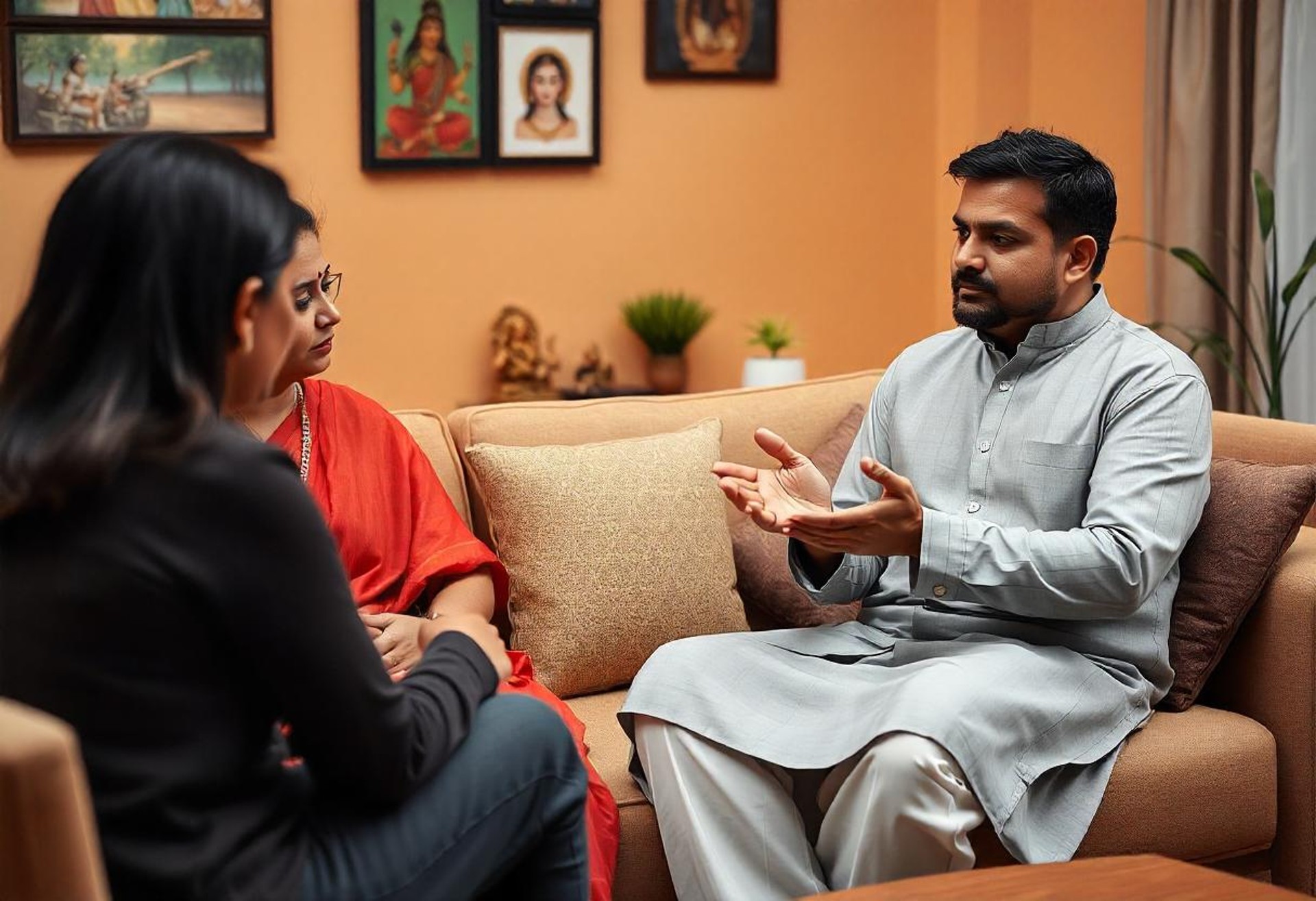
Relationship counselling, often referred to as marriage counselling, is commonly perceived as a service exclusive to couples or romantic partners. However, this is a misconception largely shaped by popular culture and media. In reality, relationship counselling is a form of psychotherapy aimed at helping individuals improve and reshape their interpersonal relationships. These relationships can span a wide spectrum, including friends, colleagues, parents and children, and, of course, romantic partners.
In bustling cities like Bangalore, the need for a structured environment to discuss problems, resolve conflicts, and build healthier communication patterns is more crucial than ever. Increased stress, over-reliance on social media, and excessive screen time have contributed to a decline in meaningful communication within relationships in big cities. Therefore, the availability of professional relationship counselling, especially in major cities like Mumbai, Delhi, Chennai, Bangalore, is necessary in today's fast-paced world.
Interestingly, the concept of relationship counselling is not a modern invention. In ancient civilisations like Egypt, Greece, and Rome, elders, religious figures, and community leaders played a pivotal role in resolving interpersonal issues. Modern relationship counselling builds upon this historical foundation, with Sigmund Freud's studies of human behaviour laying the groundwork for analysing relationships. Early 20th-century marriage counselling initially emerged in response to evolving societal views on marriage. Over time, organizations such as the American Association of Marriage and Family Therapy (AAMFT) helped mainstream relationship counselling in the United States, with other countries gradually following suit.
In India, relationship counselling is a relatively recent development, yet its benefits have quickly gained widespread recognition. Counselling enables individuals to communicate their needs without conflict and strengthens emotional connections. It is particularly effective because it helps uncover underlying issues behind surface-level conflicts, equipping individuals with strategies to address both current and future challenges.
In metro cities, rising stress levels have led to a spike in troubled relationships. Parental disputes, sibling rivalry, and strained friendships are becoming increasingly common, creating environments where anxiety and depression can thrive—ultimately further damaging relationships. This is why relationship counselling has become so sought after. Short 45-minute sessions can easily fit into busy schedules and offer individuals a way to navigate complex relationships in a high-pressure urban environment.
In Bangalore’s fast-paced dating culture, relationship counselling is especially beneficial for premarital couples. It allows them to discuss expectations, identify potential areas of conflict, and develop strategies for resolving future disagreements. For families, relationship counselling creates a space for multiple members to work on improving communication and strengthening their bonds. It ensures that all parties involved commit to positive change, guided by a non-judgmental and unbiased observer. Ultimately, relationship counselling holds the potential to build greater empathy and compassion, empowering individuals to resolve conflicts more effectively and build stronger, healthier connections which can lead to building a stronger and empowered country.
© Soul Compass – Powered by Kefitup